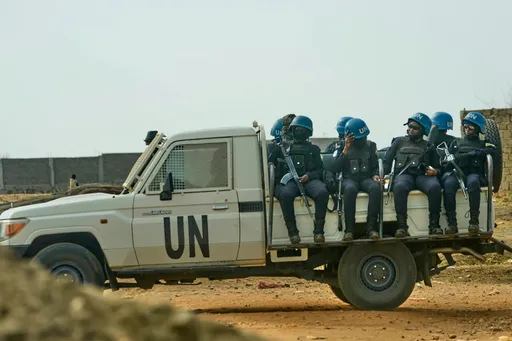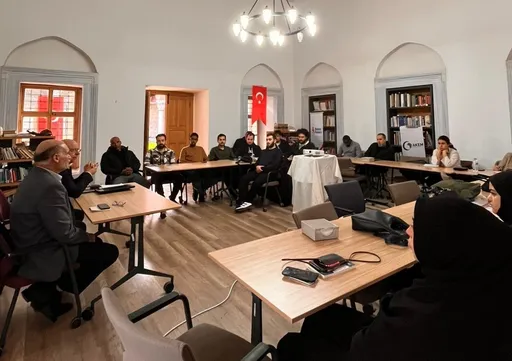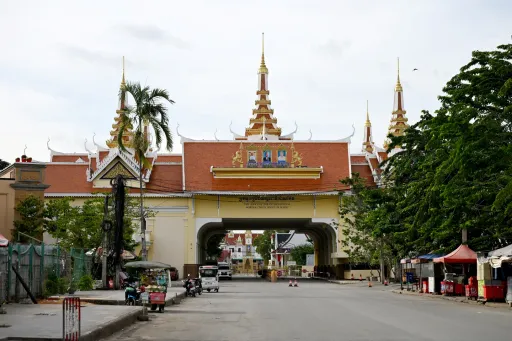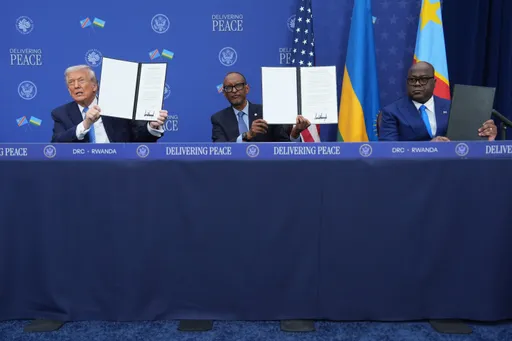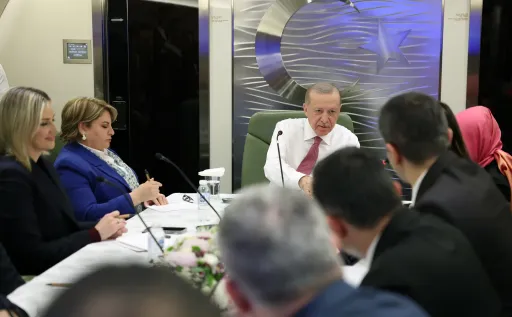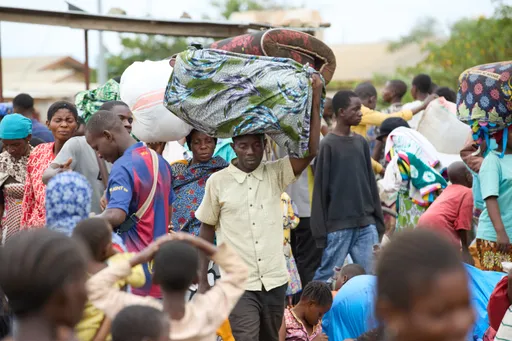By Gaure Mdee
On the 7th of February, the Tanzanian Minister of Communication and Information Technology, Nnape Nauye, responded to a tweet from Elon Musk regarding the country's acceptance of satellite internet provider Starlink in Tanzania.
Several questions can be drawn from this interaction. The first is why Musk's very small aperture terminal (VSAT) satellite service has attracted interest even though it is not unique.
The second is what is the business value of the satellite internet provision that warrants such an answer?
And finally, why are such discussions being held on social media when they could be finalised through the appropriate channels or has the conversation gone beyond that?
What is on the table
To put things in perspective, 26% of people in East Africa have internet access, according to Statista's 2022 data.
People in rural areas have less access than those in Africa's urban zones. To own or have the Starlink service working, you must first consider the regions to which Musk's technology is trying to reach out.
Electricity availability and cost aside - are people ready to install a unit for the current price?
Starlink offers a 1,000 GB package with 20ms latency and 150Mbps speeds for around just under $100 in Tanzania, beating out most mobile operators in the country.
Furthermore, they plan to offer satellite cell tower phone services that local operators may need help to compete with.
There is a caveat, however, that the cost of equipment and installation, although a one-time payment, are costly and not entirely effective with the dishes. For example, suppose the weather is erratic.
In that case, the service is disturbed, what you experience when watching a Multichoice channel while it is raining cats and dogs.
"Musk's services are not novel but have the advantage of being a lot more affordable for the market and deployed at a low cost. There is massive investment behind him compared to competitors that have tried to connect to Africa with the same model," explains techpreneur and social reformer Jumanne Mtambalike.
Local providers in the region, like Kenya's Safaricom and Tanzania's Tigo, started rolling out 5G with speeds of up to 500Mbps; the coverage still needs to be improved and requires a router.
People who usually use VSAT services are resort owners, researchers in the field and security services monitoring the movements of persons of interest.
What are some of the policies in place?
Satellite service providers could collect revenue from afar and hire a limited number of employees to keep the system running.
The company has partnered with the African Telecommunications Union (ATU) to facilitate the establishment of Starlink in Africa.
The ATU is an African organisation that combines countries and mobile telecommunications providers to increase the development of the continent's information and communication technology infrastructure.
The African Union and ATU have developed a regulatory framework allowing the company to launch its satellites and provide internet access across African countries.
There is good reason for countries in East Africa to say no to Starlink and stick to local telecommunication service providers.
Considering that many of them provide employment for many taxpayers, adhere to the laws of the land and can invariably be arm twisted to the demands of the authority in power.
"It is possible governments that have yet to embrace the technology because they have looked at the potential of unstable competition in the market and have also noticed that this could kill local telecoms who come into the mix with the number of people they employ and how much they contribute to the countries."
Remote areas with questionable infrastructure will boost the digital economy. There are areas that national grids cannot service that satellite technology can reach, but this is a challenge for both satellite service providers and the Tanzanian government.
The first one to get that stability in order could prove the victor with customers. When the region takes a page from previous governments - and the meaning of permitting a satellite technology into a country as a service provider there is reason to believe that there will be resistance as certain restrictions will be limited.
A vivid example comes from recent elections in Uganda in 2021 and Tanzania in 2020 that saw local internet shut off during the election period crippling certain businesses and muzzling several whistle-blowers.
Something that would not happen with satellite internet provision and communication.
What people who are already using the technology are saying
Nigeria is one of the first countries in Africa to embrace technology and has had Starlink services since January.
"The average Nigerian will have difficulty with installation and setup costs, but once that is done, there are advantages for larger groups (like family) using the service as opposed to local telcos who offer internet on a limited basis,” says Kabir Ibrahim, a Network Engineer in Nigeria.
Since the launch on the 22nd of February in Rwanda, most of its use has come from the government.
"It is too early to gauge what the uptake will look like, but by the look of things, the targets are government facilities like schools in remote areas, islands and far-flung rural zones where connectivity has remained a problem despite the expansion of IT infrastructure," explains Rwandese journalist Johnson Kanamujire, who covered the launch of service for the company.
On the other hand, Kenya will be using the service in the second quarter of the year, and what makes satellite services a significant hindrance is the 800-dollar starter kit.
Moses Kemibaro, a Technology and Digital Media Analyst from Nairobi, ordered his starter kit for “experimental” purposes, looking into whether this could be an alternative to what is currently available.
“Downtime and erratic speeds are reasons to stick to your mobile device because home internet is not always reliable, so secondary device or complete replacement comes as an easy decision for me.”
The delay from countries like Tanzania at the moment says a lot. As much as there is money to gain from the governments, there is also a lot of freedom and access that comes with such service providers for the users.
Starlink is but one of many satellite services knocking on the door, but it is the most affordable.
With competitors like Microsoft on the way with promises to provide internet for the developing world, the question remains, is the region ready for alternative internet provision?











